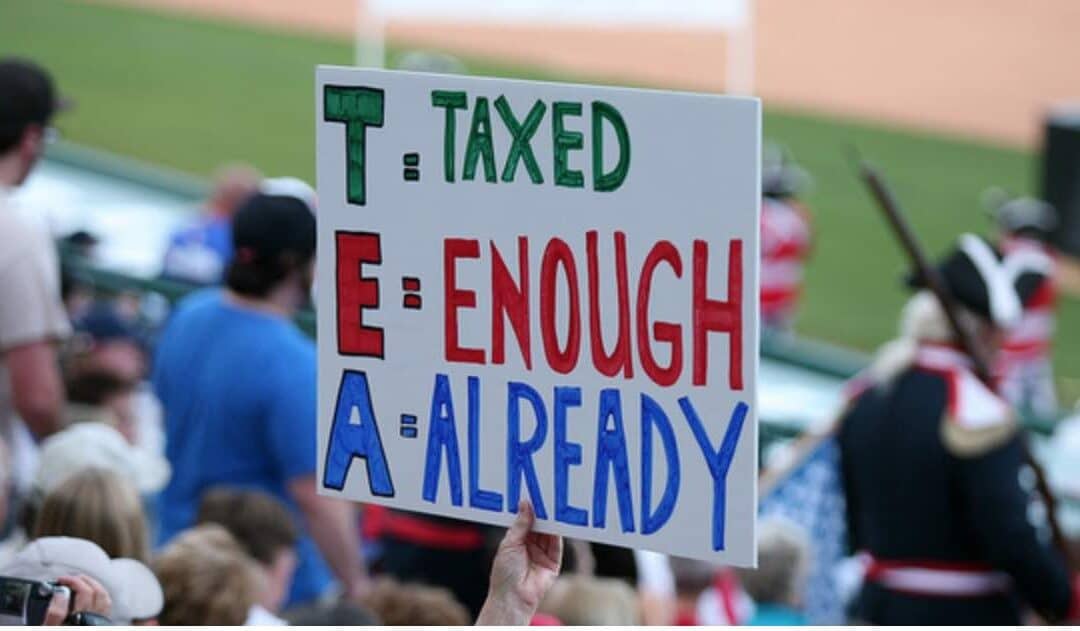The Inflation Reduction Act of 2022 which passed the Senate recently aims to allocate $80 billion to the IRS, with $45.6 billion earmarked for tax enforcement. The agency is also expected to hire 87,000 new agents – more agents than it currently employs – for various roles.
It stands to reason that the IRS has a heavier caseload after the Biden regime has been increasing taxes on the middle and lower classes.
While Biden has pledged not to increase taxes for anyone making less than $400,000 per year, the Inflation Reduction Act includes a corporate tax which would hit the middle and lower classes hard.
“As a result of the policy, those with incomes below $200,000 would pay almost $17 billion in combined additional tax in 2023, according to a Joint Committee on Taxation analysis published July 29,” reports NBC. According to the analysis, only 4%-9% of tax revenue from the Act’s $80 billion investment will come from businesses making above $500,000.
In January, a new law took effect requiring all e-commerce and digital platforms like eBay and Venmo to report individuals who receive over $600 per year in commercial transactions.
Now, the IRS is hiring enforcement agents for its Criminal Investigation unit, “the law enforcement branch of the IRS.”
The major duties listed include being willing to use “deadly force”:
Adhere to the highest standards of conduct, especially in maintaining honesty and integrity.
Work a minimum of 50 hours per week, which may include irregular hours, and be on-call 24/7, including holidays and weekends.
Maintain a level of fitness necessary to effectively respond to life-threatening situations on the job.
Carry a firearm and be willing to use deadly force, if necessary.
Be willing and able to participate in arrests, execution of search warrants, and other dangerous assignments.
“The IRS will have to target small and medium businesses because they won’t fight back,” National Taxpayers Union Foundation Executive Vice President Joe Hinchman told The New York Post.
“We’ve seen this play out before … the IRS says ‘We’re going after the rich’ but when you’re trying to raise that much money, the rich can only get you so far.”
Hinchman explains that the IRS typically goes after small and medium businesses because they don’t have the financial bandwidth to challenge the agency in court.
“The approach here is to double the IRS workforce, take the leash off, and see how much they can collect,” Hinchman added. “I think they’ll collect it but it will be quite painful.”
EDITOR’S NOTE: Attached at the link is an horror story concerning revenuer collections.
This article by Yudi Sherman originally appeared in Frontline News.
Please share freely and donate to The Standard on this page to assure the continued availability of news that is ignored too often by the dominant media.




 RSS - Posts
RSS - Posts
See also Canadian and French climate police.